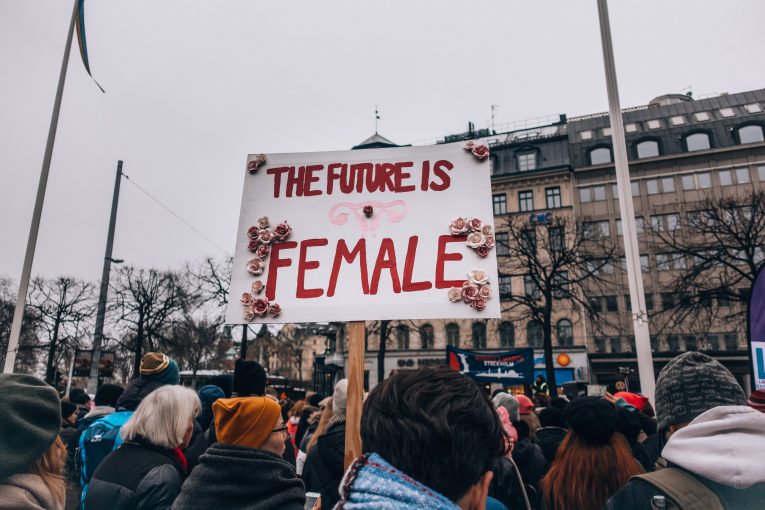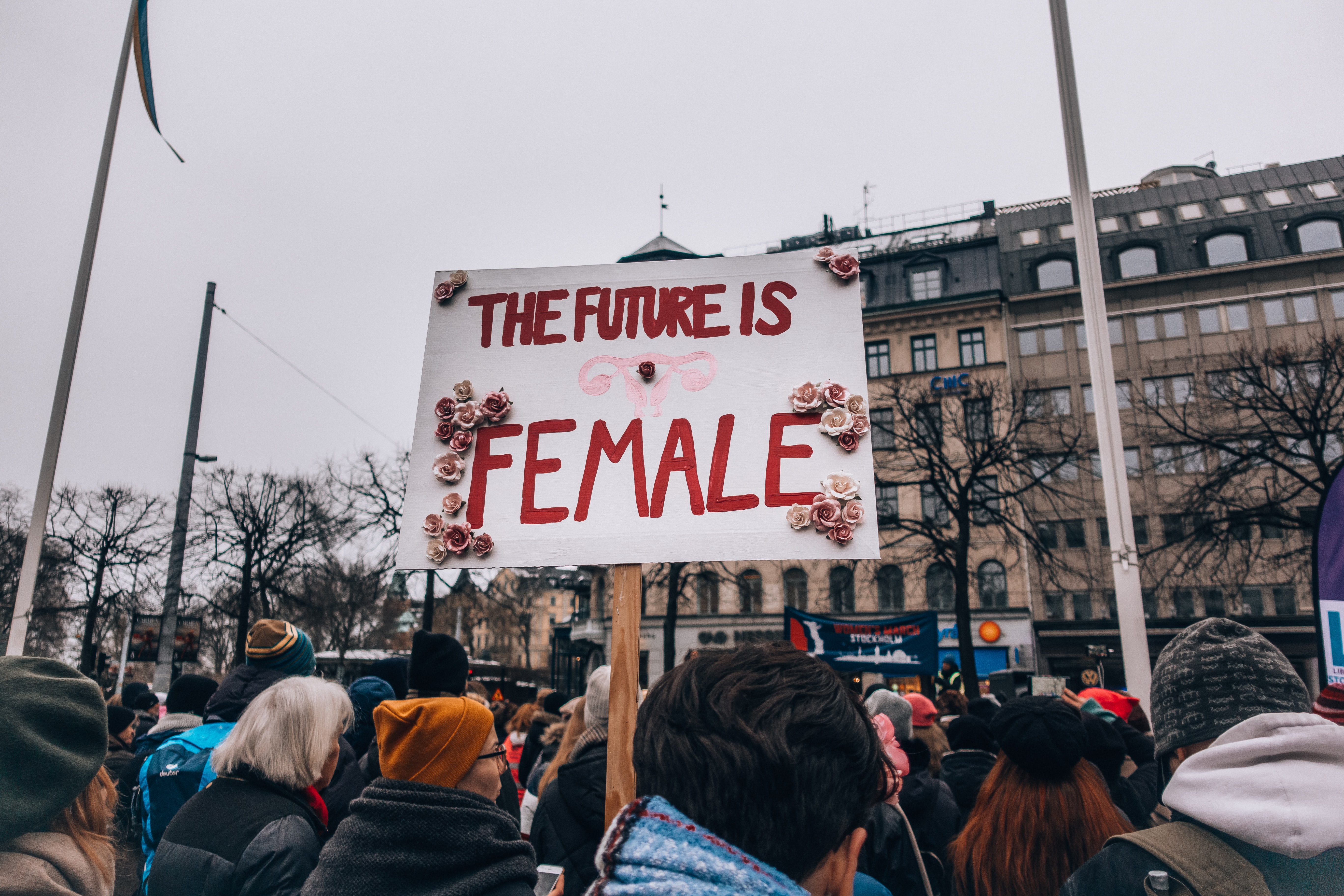
 By Naomi Cherone
By Naomi Cherone
There have been significant inroads made by women trailblazers in American history—from the colonial era to modern-day Women’s Rights Activism—yet the fight toward gender equity has only begun.
It was only when Jimmy Carter made a Presidential Proclamation in the 1980s that the efforts of women throughout American history had begun to be recognized on a larger scale. This was only the bleak beginning of the century-long progression of feminist and women’s rights activism.
Following the proclamation, President Carter set aside the week of March 8 in order to honor the vital contributions of women throughout the preceding centuries, and the present day.
Subsequent presidents continued to designate a week in March in order to pay tribute to the quintessential role women have held in American history. In 1987, Congress passed Public Law 100-9 in 1987 that officially declared the entire month of March to be “Women’s History Month.”
The recognition of Women’s History Month was only the first step in reconceptualizing the role women could play within society. Further action was expected to follow in order to promulgate gender equity within male-dominated spaces (e.g., law and in fields of STEM).
Although the struggles faced by women in the preceding centuries are not quite different than that of the challenges they face today, their efforts have been greatly decelerated—stemming from their lack of representation in history textbooks to present day occurrences in both the private and public spheres.
Based on the narrative drawn from American history, women were thought to be childbearers, in charge of domestic tasks, and not much more. If they were to steer from these tasks and partake in the public spheres, they were shunned and outcast as “badly-behaved.”
Yet Laurel Thatcher Ulrich, Pulitzer Prize-winning American historian and Professor at Harvard University, states that “well-behaved women seldom make history.”
According to Ulrich, it had been the women that went against the grain that left a mark behind, through the reconceptualization of the capabilities that lie within women.
Some of these “bad-behaved” women, like Deborah Sampson, cross-dressed during the Revolutionary era in order to pass as male and fight on the battlefield—all for a country that would not reciprocate such feelings of protection, unity and equity.
Sampson then became the emblem of the American Revolutionary War, as many women also cross-dressed in order to get on the battlefield. These women came to be known as “Molly Pitchers” as an anonymous metaphorical symbol of their bravery.
Linda K. Kerber stated, “Women are entitled to all rights, and are capable of all energies of men. I do not mean merely mental examples… they can naturally run as fast, leap as high, and as far, and wrestle and scuffle.”
Along with Sampson and Molly Pitchers, women in the modern day continue to redefine gender roles and defy the odds that had once held them back from getting a job, or even an education.
Public figures, such as Michelle Obama, Ruth Bader Ginsburg and Greta Thunberg, have worked to break barriers and pave the way for upcoming generations of women. Yet who will guarantee that their hard work will be worth it, if society continues to inhibit and stigmatize women that choose to go into male-dominated fields of work?
A study by Harvard Business School reveals that “In many industries, women are less likely to advance to the top of their fields. Women make up just 4.2 percent of CEOs at S&P 500 firms and 19.2 percent of board members.”
This study also found that “statistical discrimination does indeed work against women in the hiring process.”
Discrimination is clearly evident, however, the power of women coming together and protesting these injustices has been that much greater. From women cross-dressing in the 18th century in order to get on the battlefield, to young girls marching with posters that demand equality, change can inevitably be seen on the horizon.
It is now incumbent on society to continue uplifting women, challenging the gendered status quo and working toward establishing equal rights.
May the month of March continue to be taken to reflect on the efforts of women in previous years, and brainstorm ways in which we can continue working on implementing equity within all spheres of influence.
“Culture does not make people. People make culture. If it is true that the full humanity of women is not our culture, then we can and must make it our culture,” said Chimamanda Ngozi Adichi.
 Naomi Cherone is a writer for the LA Vanguard’s social justice desk. She is a San Diego native that is majoring in Sociology at UCLA, while planning on pursuing law in the near future.
Naomi Cherone is a writer for the LA Vanguard’s social justice desk. She is a San Diego native that is majoring in Sociology at UCLA, while planning on pursuing law in the near future.
To sign up for our new newsletter – Everyday Injustice – https://tinyurl.com/yyultcf9
Support our work – to become a sustaining at $5 – $10- $25 per month hit the link:
Years later, “Klinger” (on M*A*S*H) crossed-dressed to try to get off the battlefield.
How far we’ve come.